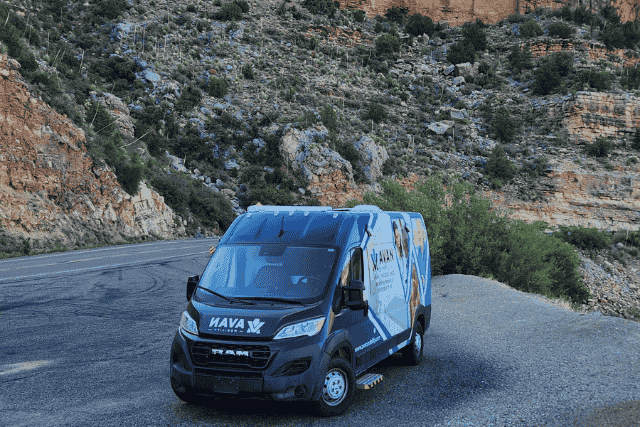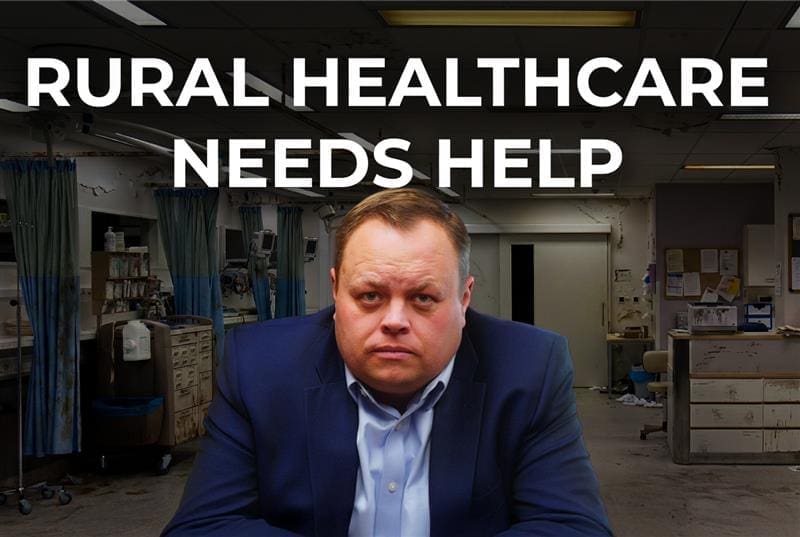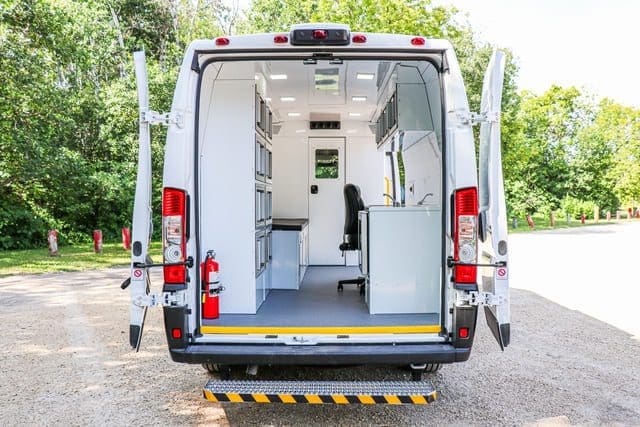Choosing whether to buy or lease a mobile clinic isn’t just about money, it’s about mission impact. The wrong decision could drain your budget or limit your reach. This video helps you get it right.
Key Moments in this Video
0
Why Choosing the Right Mobile Clinic Model Matters
You need a mobile medical unit. But should you buy it or lease it? Make the wrong call, and you could end up with a vehicle that drains your budget or limits your ability to serve your community. These units are expensive, and each use case is different. Some programs last years, others just a few months. That’s why the question isn’t just financial, it’s about flexibility, control, and how much capital you need upfront.
37
Should You Lease a Mobile Clinic?
Leasing is like renting an apartment. You make monthly payments, use the van for a set time, and avoid the large upfront costs. For many organizations, especially those with grant funding or pilot programs, this makes leasing feel manageable. Maintenance is often included, and you can upgrade to a newer model when the lease ends. But there are trade-offs. You don’t own the unit, so there's no asset at the end. Mileage limits can become a problem, especially when serving rural areas. Customization is also restricted. The leasing company needs to preserve resale value, which limits how much you can modify the space. These limitations can reduce your ability to adapt or scale your services.
132
Should You Buy a Mobile Clinic Instead?
Buying gives you full ownership. You can customize every inch, from the layout and lighting to the medical equipment inside. There are no mileage caps, and you’re free to use the van however you choose. Over time, this can actually save money. You’re building an asset, and if your program changes, you can sell the van and reinvest the funds. Still, there’s a reality check. The upfront cost is substantial. If you finance it, you’ll face years of payments. And the van appears on your balance sheet whether you’re using it or not. Maintenance is your responsibility. That can be manageable if you’ve planned for it, but it’s a potential strain on smaller teams or lean budgets.
205
Is it better to buy or to lease a mobile clinic?
To decide what’s best, ask yourself three questions. How long will you need the unit? Buying makes more sense for long-term use. What’s your budget? If upfront cost is your biggest barrier, leasing may be a better fit. How important is customization? If your program depends on a tailored setup, buying offers the freedom to build exactly what you need. Leasing offers lower monthly costs but can limit flexibility. Buying requires more upfront investment but gives you control and long-term value.
Russ Evans

Russ
Frequently Asked Questions:
Is it cheaper to lease or buy a mobile clinic?
Leasing is cheaper short-term, with lower upfront costs. Buying is more cost-effective long-term, especially if you plan to use the van for multiple years.
Can I customize a leased mobile unit?
Customization is limited. Leasing partners restrict changes to protect resale value. If you need full control, buying is the better option.
What happens at the end of a lease?
You return the unit and walk away—there’s no asset left behind. However, this also means you can easily upgrade without worrying about selling.
What’s the biggest risk in buying?
The upfront cost and future maintenance. You take full ownership of both the van and the repairs. Budgeting for maintenance is key.
Is there a hybrid model—like lease-to-own?
Yes, some vendors offer lease-to-own structures. These can be a smart option if you're unsure about long-term use but want the option to purchase later.
How does the IRS treat leased vs. purchased mobile clinics?
The IRS distinguishes between operating leases (like renting) and capital leases (more like purchasing). If you're unsure how to report the financials, check the official IRS guide on lease classifications.
Share:
Facebook
LinkedIn
Email



